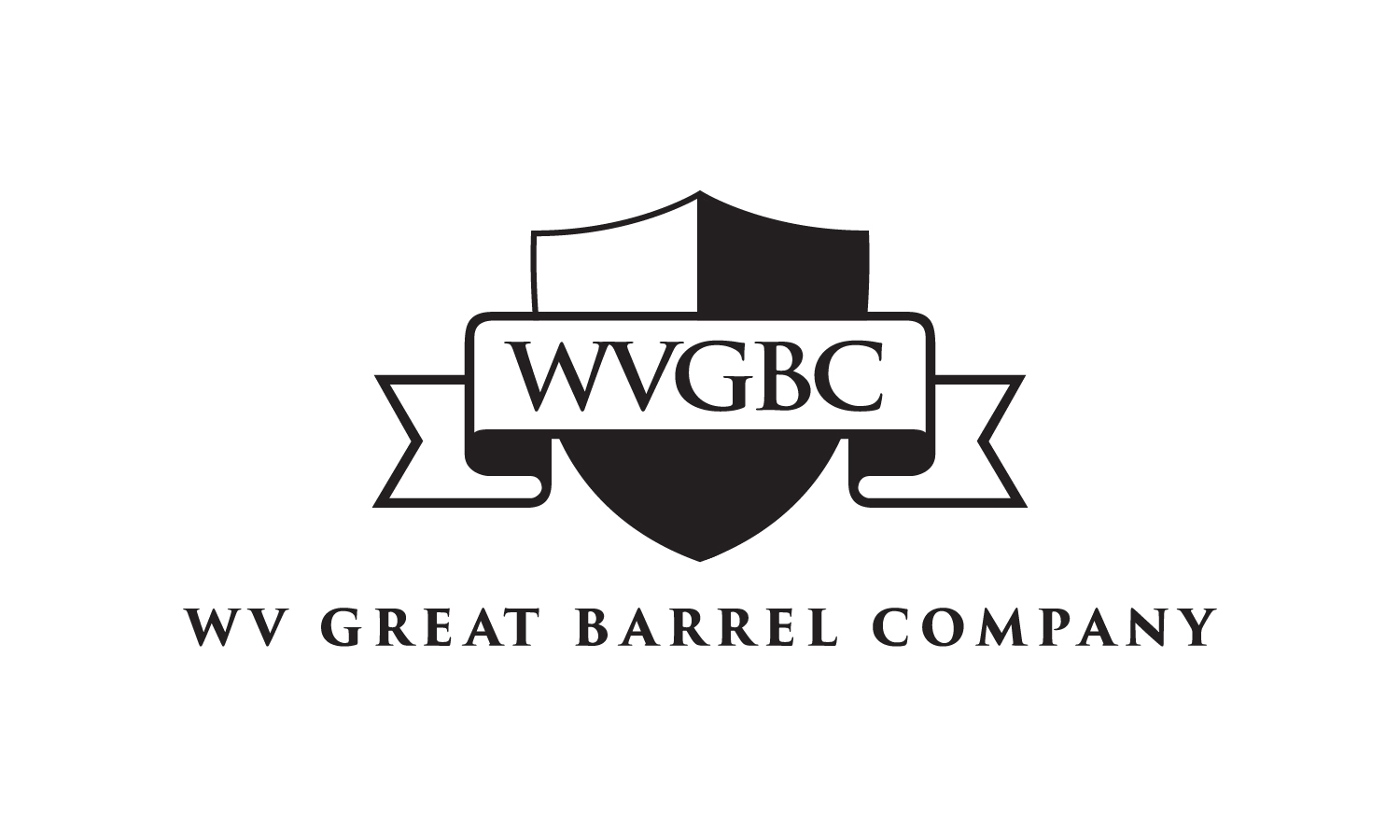ACSA, IWSR, and Park Street Preview Breakthrough Findings from Industry’s First-Ever Comprehensive Craft Distilling Study
WASHINGTON, DC (March 17, 2016) – The American Craft Spirits Association (ASCA), The International Wine and Spirits Research (IWSR), and Park Street shared their initial findings as part of a proprietary research project whose goal is to provide a solid and reliable fact base for evaluating performance and trends in the U.S. craft spirits industry. The Craft Spirits Data Project, which was announced at ACSA’S 2016 Distillers Convention and Vendor Trade Show in Chicago earlier this month, is the beverage industry’s first-ever comprehensive craft distilling study. The Project will quantify the number, size, and impact of craft spirits producers in the United States.
Led by Park Street, IWSR and ACSA, the Craft Spirits Data Project will also collaborate with key industry groups including the National Alcohol Beverage Control Association (NABCA), American Beverage Licensees (ABL), Wine & Spirits Wholesalers of America (WSWA), and Nielsen.
Though all parties are still in the process of collecting further data and analyzing craft spirits growth trends, which will be revealed via a full report later this summer, with annual updates to follow, the group has revealed a handful of preliminary findings:
The American Craft Spirits Community is larger than all previous industry estimates.
There were at least 1,280 active craft spirits producers in 2015, and that number may continue to rise after the data is further reviewed and analyzed; the compound annual growth rate of distilled spirits permits was 16% between 2007 and 2015. The number of production facilities in the U.S. has more than tripled since 2007. The Number of Craft Distilleries in the U.S. is the highest since Prohibition.
Craft Spirits Producers are creating jobs.
Craft spirits producers are prolific job creators. Based on preliminary data from the first 20% of census respondents, craft producers employ approximately one full time employee for every 700 cases sold, versus the large company ratio of one full-time employee for every 16,000 cases sold. In other words, craft spirits producers employ 21 times more people than large spirits companies on a volume adjusted basis. Early estimates reveal the craft distilling industry employs more than 6,000 full-time employees.
Direct Shipping and Tasting Rooms sell more product than bars and retailers.
Based on the preliminary data received to date, more than half of the craft distiller’s domestic business is driven by direct sales at a distillery or tasting room. This business is only expected to increase as more and more states loosen their direct shipment and tasting room sales regulations.
Craft Spirits are accelerating spirits market fragmentation.
The spirits market has been on a trend towards fragmentation for the last 20 years, and the U.S. craft spirits boom is accelerating this trend.
Craft Distilling is geographically concentrated.
More than half of the country’s craft distillers are located in 10 just states, with California, Washington, New York, Texas, and Colorado leading the way.
Tax Parity is critical to the future success of craft distilling.
Craft spirits producers point to excise tax parity as one of the most critical keys to success in the future. Taxes on distilled spirits are among the nation’s highest, comprising 54% of the typical spirits product’s purchase price. As ACSA has previously emphasized, craft spirits producers remain disadvantaged compared to our nation’s craft brewers and small wineries who receive a significant reduction in their FET rate. Today, a craft spirits producer pays 6 times more FET than a craft brewer, and 17 times more FET than a small winery, for equal quantities of beverage alcohol.
PROJECT BACKGROUND
Together, the ACSA, IWSR, and Park Street launched the Craft Spirits Data Project in October, 2015. Data collection began in January, 2016, and remains ongoing through May, 2016. The Project aims to collect data from spirits consumers, DSPs, distributors and retailers.
The program aims to create a deeper understanding of the U.S. craft spirits landscape among four key groups: consumers, DSPs, distributors and retailers. In addition to analyzing craft spirits brand perceptions and consumption drivers at the consumer level, the study will collect comprehensive data on craft distiller production size and patterns, sources of revenue, and the category’s overall economic impact within the spirits industry. The Project will also collect data on craft spirits business size, patterns and outlook on the distributor level and assess craft spirits business size and outlook by premise type at retail. The Project will provide findings on craft supplier best practices and success factors.
IWSR, Park Street, and ACSA’s research efforts include companies whose sales volume is below 750,000 proof gallons removed from bond. Companies must be independently owned and operated, with no more than 25% capital and operating control coming from a non-craft producer.
When estimating the number of producers behind the U.S. craft spirits production, the project team relies on a combination of official data released by regulatory authorities, survey data, other industry data sources both national (e.g., NABCA, ACSA) and regional (e.g., Guilds), as well as interviews and team assessments using the craft distiller definition.
ABOUT ACSA
The American Craft Spirits Association is the only registered non-profit trade association representing the U.S. craft spirits industry. Its mission is to elevate and advocate for the community of craft spirits producers, and membership in ACSA is open to anyone.
ACSA is governed by a Board of Directors elected by the eligible voting members of the Association. Voting members must be independent, licensed distillers (DSPs) annually removing fewer than 750,000 proof gallons from bond (the amount on which a Federal Excise Tax is paid.) For information about ACSA, call 202-669-3661.
ABOUT PARK STREET
Park Street delivers productivity-enhancing and cost-saving back-office solutions, advisory services, and working capital to more than 3,000 alcoholic beverage brands from the U.S. and around the world. The company was launched in 2003 and is headquartered in Miami, FL with operations across the U.S. and E.U. Park Street was founded by McKinsey & Company alumni and is led by executives with long-standing industry relationships and decades of experience with global beverage companies.
The firm’s major practice areas are 1) Back-Office Solutions, including regulatory compliance, logistics, national importing, distribution, warehousing, order-fulfillment, accounting, customer service, and more; 2) Advisory Services, including business building, route-to-market planning, organizational effectiveness, strategic partnerships, joint ventures, negotiation support, and more; 3) Working Capital Solutions, including accounts receivable financing (factoring), revolving credit facilities, term loans secured by accounts receivables and other assets, guarantees, and letters of credit. With its extensive expertise in the alcoholic beverage sector, Park Street provides clients comprehensive, turn-key solutions across its practices areas, all within the context of exceptional professional service delivery.
ABOUT THE IWSR
The IWSR is the leading source of analysis on the alcoholic beverage market. The IWSR’s database, essential to the industry, quantifies the global market of wine, spirits, beer, cider and mixed drinks by volume and value, and provides insight into short- and long-term trends. IWSR data is used by the leading multinational wine and spirits companies, as well as many more local companies.
The IWSR’s unique methodology allows us to get closer to what is actually consumed and better understand how markets work. The IWSR conducts face-to-face interviews with 1,500 companies in 118 countries each year, with further input from 350 companies. The IWSR tracks overall consumption and trends at brand, quality and category level.


